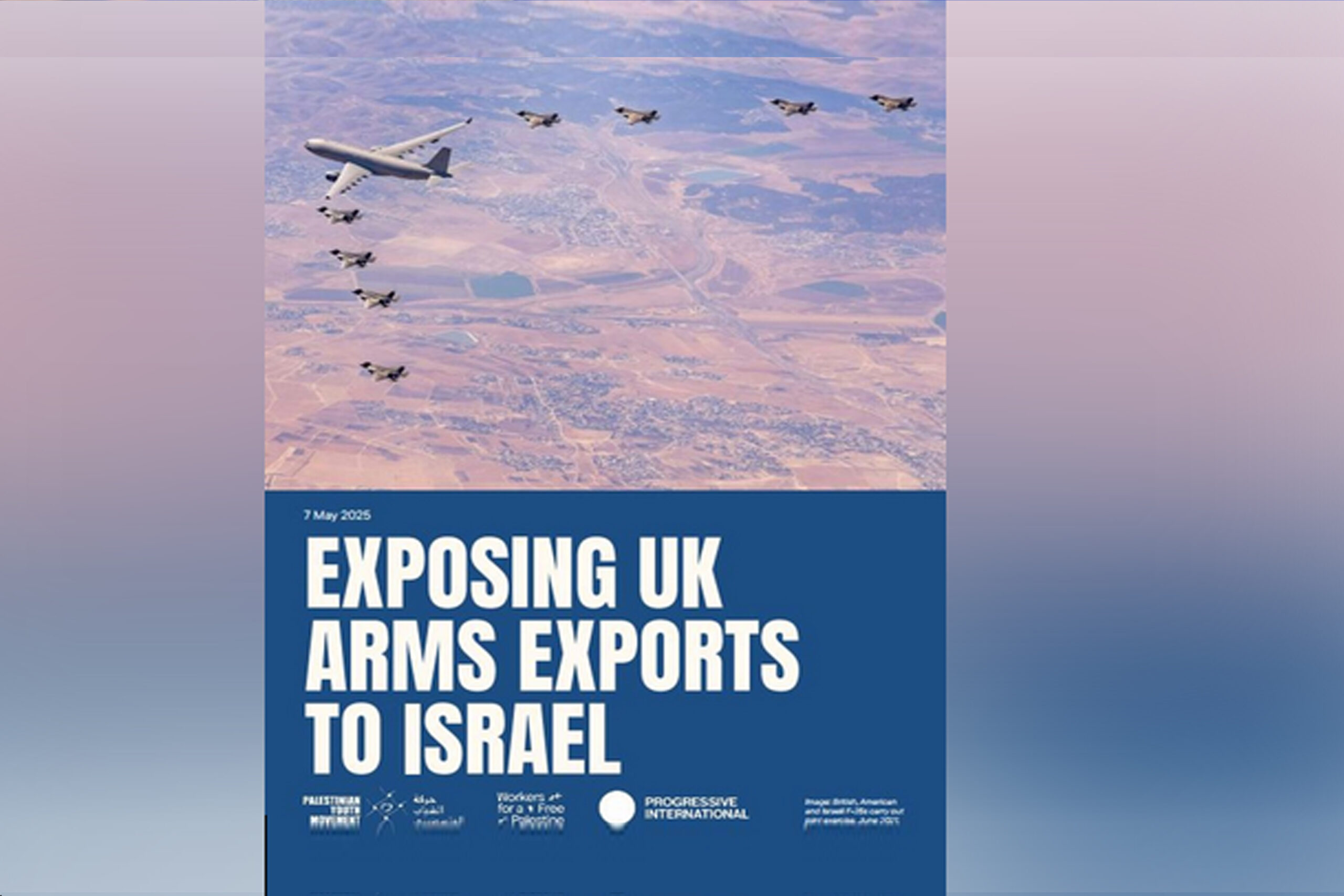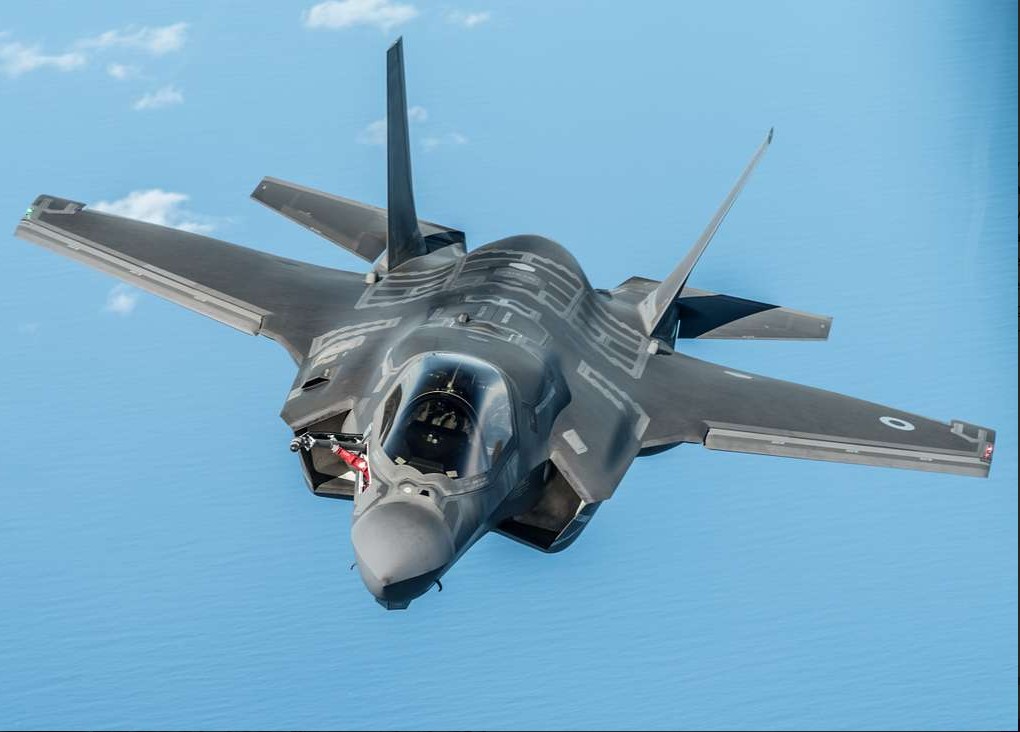
Harun Nasrullah
A new report has exposed how the UK continued to send thousands of military goods, including bombs, grenades, and parts for F-35 fighter jets, to Israel, despite the government’s announcement of a partial suspension of arms export licences in September 2024.
The report, titled Exposing UK Arms Exports to Israel, released on May 7, sheds new light on UK arms trade practices, raising serious concerns over transparency and accountability. Compiled by the Palestinian Youth Movement, Progressive International, and Workers for a Free Palestine, the report draws on Israeli import records and UK export data, highlighting the continued supply of military equipment during a time when the UK government had pledged to limit arms exports to Israel due to the ongoing Gaza conflict.
While the Labour government suspended 29 export licences, citing concerns that arms shipments could be used to violate international humanitarian law in Gaza, over 200 licences remained active. Among these were licences for components used in the F-35 jet programme, a key asset in Israel’s military arsenal. The government argued that these exports were necessary for national security and NATO commitments.
However, the report reveals that over 160,000 military items were sent to Israel between October 2023 and March 2025, including 8,630 munitions after the partial suspension was put in place. This raises fresh questions about the government’s assurances that only non-lethal and civilian equipment, such as helmets and goggles, were being exported.
The findings are troubling. Customs records show that the UK exported a variety of military items, including bombs, grenades, missiles, and parts for tanks and armoured vehicles. These shipments directly contradict claims from Foreign Secretary, David Lammy, that the UK was not supplying “routinely described as arms” to Israel.

Photo: A Royal Air Force F-35 (Credit: Senior Airman Thomas Barley)
One particularly concerning element of the report is the continued export of parts for the F-35 fighter jet. The report identifies 13 separate shipments between October 2023 and March 2025, involving components that fall under the customs code for “aircraft, spacecraft, and parts thereof.” This follows previous reports by Declassified UK and The Ditch showing similar exports before the suspension was announced. Over 9,700 items valued at more than £8.7 million were sent during this period, casting doubt on the government’s claim that the suspension was comprehensive.
The lack of transparency around UK arms exports is also a key issue raised by the report. It highlights how around 15% of licensing data is no longer publicly accessible, while the use of vague customs codes and the absence of detailed shipping records makes it difficult to fully assess the scale of the UK’s role in the conflict. Campaigners are calling for a complete halt to arms exports to Israel and for an independent investigation into the UK’s arms trade.
Zarah Sultana MP, who has been outspoken in her criticism of the government’s actions, said, “This explosive report shows the government has been lying to us about the arms it is supplying to Israel while it wages genocide in Gaza. Far from sending just ‘helmets and goggles’, the government has been sending thousands of weapons and ammunition.”
In response to the findings, a Foreign Office spokesperson reiterated the government’s position, saying, “This government has suspended relevant licences for the IDF that might be used to commit or facilitate serious violations of international humanitarian law in Gaza. Of the remaining licences for Israel, the vast majority are not for the Israeli Defence Forces but are for civilian purposes or re-export… The only exemption is the F-35 programme due to its strategic role in NATO and wider implications for international peace and security.”